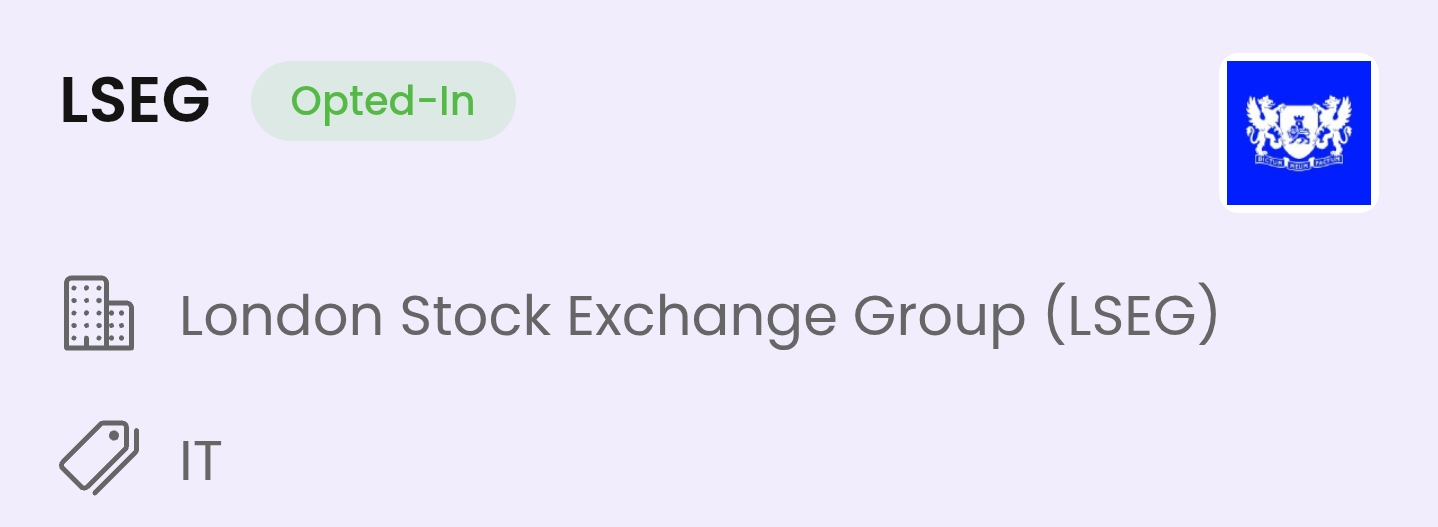Jason Voorhees
Say cheese
- Joined
- May 15, 2020
- Posts
- 75,225
- Reputation
- 217,286
I knew this was coming. Many people had warned about it, and now it's official the H1B program is basically dead.
For those who don't know the H1B is a non-immigrant visa that lets US companies hire foreign workers in specialty occupations (tech, engineering, finance, healthcare, etc.) The big reason H1Bs were popular wasn't cheap labour but skill/knowledge gaps.
The people flown into the US on H1Bs usually fill specialized roles like in my case DevOps. Or network engineering, or cybersecurity. Th These aren't skills you just pick up in university they take a lot of experience and self-learning. And because these jobs are mission critical. Companies have trouble filling these roles like my job was basically empty for months before i came in and took it. I didn't really steal anyone's job but companies still prefered H1Bs because
It was cheaper and safer to hire an immigrant who's already highly trained rather than training a fresh American grad from scratch. It's not really about "lower wages" either H1Bs were already tied to prevailing wage laws. The real saving for companies came from reduced training and risk costs.
Now with Trump's new act requires a $100,000 sponsorship fee per H1B worker. Unless you're already a senior dev or engineer making $400k+ with rare expertise and companies don't mind paying the fee the chances of landing tech job as an immigrant are slim to none.
So what are companies doing rn? From what I'm seeing either they have train and upskill Americans for those jobs or like in my company making plans to make the entire devops team remote to handle all operations. These are the only two options left.
So overall it's a W for 'Murican chuds. Fewer people like me to compete with for these roles but long-term who knows. Experts are saying it might be devasting for the Silicon Valley long term because 70% foreign of it is foreign born Part of what has made U.S. tech strong is being able to pull in global talent, especially people who have built specialized skills abroad but I honestly don't know what is going to happen in the future. The O-1, E1B VISA still remains so those AI Engineers and Data Scientist with PhDs will still keep coming it mainly effects young ITcels like me
I personally already knew something like that would happen so I kept applying to jobs overseas and already have a few safety net offers in the UK and other places but my american dream has essentially died. Idk what will happen now. My boss is telling me they are planning to make things remote and off shore work to make it work and if that is the case it's fine otherwise I might have to look elsewhere. Very strange time to be an immigrant in the US. It's like they want you but don't want you at the same time.
For those who don't know the H1B is a non-immigrant visa that lets US companies hire foreign workers in specialty occupations (tech, engineering, finance, healthcare, etc.) The big reason H1Bs were popular wasn't cheap labour but skill/knowledge gaps.
The people flown into the US on H1Bs usually fill specialized roles like in my case DevOps. Or network engineering, or cybersecurity. Th These aren't skills you just pick up in university they take a lot of experience and self-learning. And because these jobs are mission critical. Companies have trouble filling these roles like my job was basically empty for months before i came in and took it. I didn't really steal anyone's job but companies still prefered H1Bs because
It was cheaper and safer to hire an immigrant who's already highly trained rather than training a fresh American grad from scratch. It's not really about "lower wages" either H1Bs were already tied to prevailing wage laws. The real saving for companies came from reduced training and risk costs.
Now with Trump's new act requires a $100,000 sponsorship fee per H1B worker. Unless you're already a senior dev or engineer making $400k+ with rare expertise and companies don't mind paying the fee the chances of landing tech job as an immigrant are slim to none.
So what are companies doing rn? From what I'm seeing either they have train and upskill Americans for those jobs or like in my company making plans to make the entire devops team remote to handle all operations. These are the only two options left.
So overall it's a W for 'Murican chuds. Fewer people like me to compete with for these roles but long-term who knows. Experts are saying it might be devasting for the Silicon Valley long term because 70% foreign of it is foreign born Part of what has made U.S. tech strong is being able to pull in global talent, especially people who have built specialized skills abroad but I honestly don't know what is going to happen in the future. The O-1, E1B VISA still remains so those AI Engineers and Data Scientist with PhDs will still keep coming it mainly effects young ITcels like me
I personally already knew something like that would happen so I kept applying to jobs overseas and already have a few safety net offers in the UK and other places but my american dream has essentially died. Idk what will happen now. My boss is telling me they are planning to make things remote and off shore work to make it work and if that is the case it's fine otherwise I might have to look elsewhere. Very strange time to be an immigrant in the US. It's like they want you but don't want you at the same time.
Last edited:








